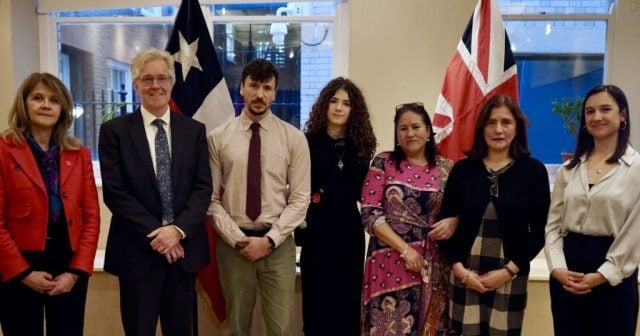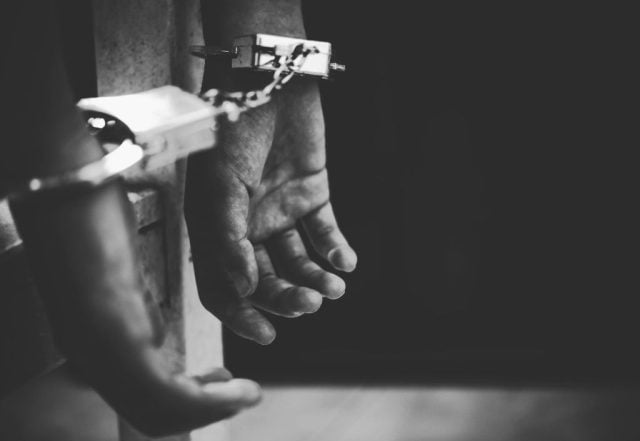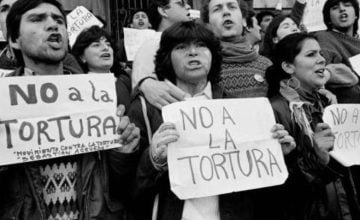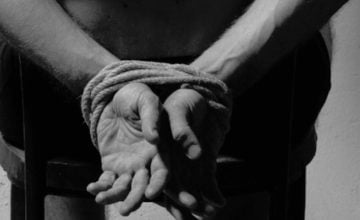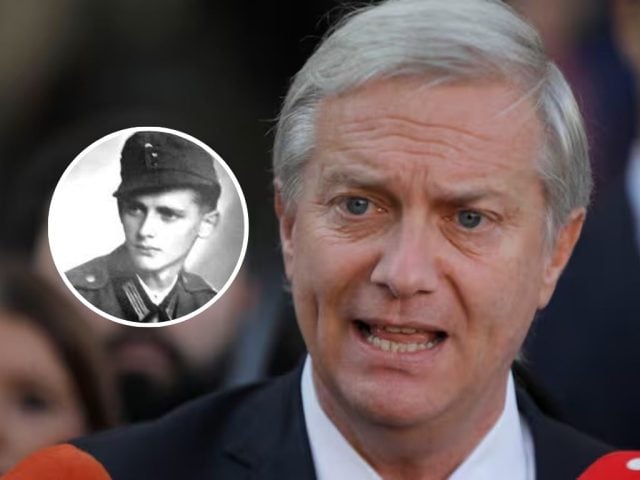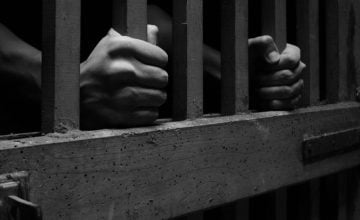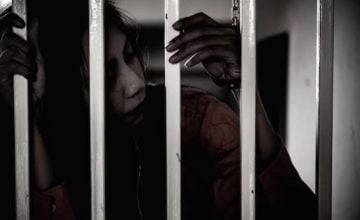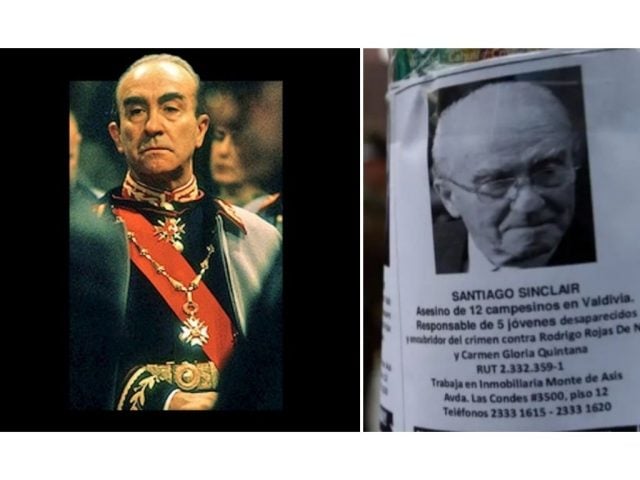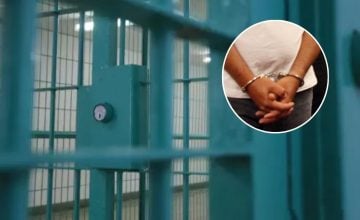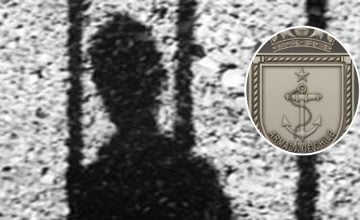In a ceremony of deep historical and restorative significance, the State of Chile issued an official public apology to the family of Leopoldo García Lucero, a survivor of torture under Augusto Pinochet’s dictatorship, who, along with his family, was forced into exile in the United Kingdom fifty years ago.
According to the human rights organization REDRESS, during the ceremony at the Chilean Embassy in London, authorities acknowledged not only the harm inflicted on García and his relatives, but also the Chilean state’s responsibility for investigative and prosecutorial delays that prevented a criminal conviction of his torturer, who died in the United States in 2022 without being extradited.
The event was attended by surviving members of Leopoldo’s family living in the UK, including two of his daughters. Representing the government were Human Rights Undersecretary Daniela Quintanilla and Chile’s ambassador to the United Kingdom, Ximena Fuentes.
State Commitment: Truth, Justice and Reparation
In her remarks, Undersecretary Daniela Quintanilla stressed the importance of learning from past failures and, above all, accelerating justice in cases of crimes against humanity.
She reaffirmed the Chilean state’s commitment to ensure that extradition proceedings for international crimes — including crimes against humanity and war crimes — are handled swiftly, transparently, and with clear institutional accountability, so that bureaucracy or political circumstances do not obstruct access to justice.
“By gathering here at the Embassy, we not only honor the memory of Mr. Leopoldo, we also recognize the deep and enduring pain borne by those who loved him most. His wife and daughters carried the weight of his suffering in their own lives,” said Ambassador Ximena Fuentes.
She noted that the State of Chile recognizes that the scars of political violence do not affect only the direct victim, but also their family across generations.
“May this act serve as a reaffirmation of the Chilean state’s commitment to truth, justice, and reparation,” she added.
First case resolved by the Inter-American Court involving a survivor of the dictatorship
A supporter of Salvador Allende’s government, Leopoldo García Lucero was detained in 1973 after the coup d’état. He was first taken to the United Nations Conference on Trade and Development building, then to Santiago’s First Police Precinct, and later to the National Stadium, where he was repeatedly tortured.
Forced into exile in 1975, he lived in London with his wife and three daughters until his death in 2021, carrying a permanent disability caused by injuries from the abuse perpetrated by agents of the dictatorship.
His pursuit of justice crossed borders and set a precedent. In 2013, his case became the first involving a living victim of human rights violations from the dictatorship to be resolved by the Inter-American Court of Human Rights.
The court ordered Chile to compensate García Lucero for the excessive delay in investigating his torture — authorities had known of the case since 1994 but did not open a formal investigation for another 16 years. The remedies included €20,000 in compensation, funding for medical treatment related to the torture he endured, and a public apology. The court also required Chile to initiate a criminal investigation within a reasonable time.
The tribunal further instructed the State to begin a criminal probe “within a reasonable timeframe.”
Although he received an initial apology in 2014 for the torture he suffered, criminal accountability lagged. In 2017, Chile’s Supreme Court formally requested the extradition from the United States of one of the dictatorship agents who tortured him, Carlos Humberto Minoletti Arriagada. Minoletti, however, died in April 2022 without being extradited or tried, thwarting the possibility of a criminal conviction.
García died without seeing any of his torturers held criminally accountable for what he endured.
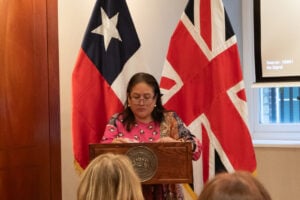
Scars of Exile: Family Testimonies
The embassy ceremony also offered space for the family to testify to the human cost of torture and exile. Francisca García, one of Leopoldo’s daughters, read an emotional statement describing the “chaos” that shaped their lives.
“I searched for stability — a normal life that felt so out of reach. Yet my feelings and the way I saw the world were fundamentally altered by my experiences,” she said.
“In moments of desperation, I even tried to run away, believing that leaving might somehow give me the respite I so desperately needed. It has been a long and painful journey, and the scars of my past do not heal easily,” she added.
Excerpts from the testimony of his widow, 94-year-old Elena Otilia García, were read on her behalf. She recounted the hardships they faced in exile: “Our lives changed completely when we arrived in England because we lost our world: our parents, siblings, the rest of our family and friends remained in Chile, as did our home, our jobs, and our dreams. Day to day became a struggle to survive in a world that was not ours.”
“When we arrived in the United Kingdom, we suffered discrimination in the social housing where we were placed. People left trash bags outside our door and threw things at our window,” she said.
“In our home, it was not only Leopoldo who was detained, tortured, and expelled from the country. What they did to him has had — and continues to have — a terrible impact on my life and on my daughters’ lives, yet Chile has not recognized us as victims.”
She also criticized the slow pace of Chilean justice, recalling that when democracy returned to Chile, the government should have imprisoned those who tortured Leopoldo.
“I do not understand why justice has taken so long,” she emphasized.
Another daughter, María Elena Klug, underscored the intergenerational nature of the harm: “Torture does not end with the person who was tortured; it affects everyone, though in different ways. We are all victims of the injustices and the violation of Leo’s human rights, and all of this has profoundly affected our lives. Our family bears psychological scars, and we are all victims of these injustices.”
“Unfortunately, this kind of analysis — and these kinds of impacts — are rarely taken into account. It is important that the perpetrators of these human rights violations know their actions did not only affect Leo, but all of us; the next generation, and the one after that,” she said.
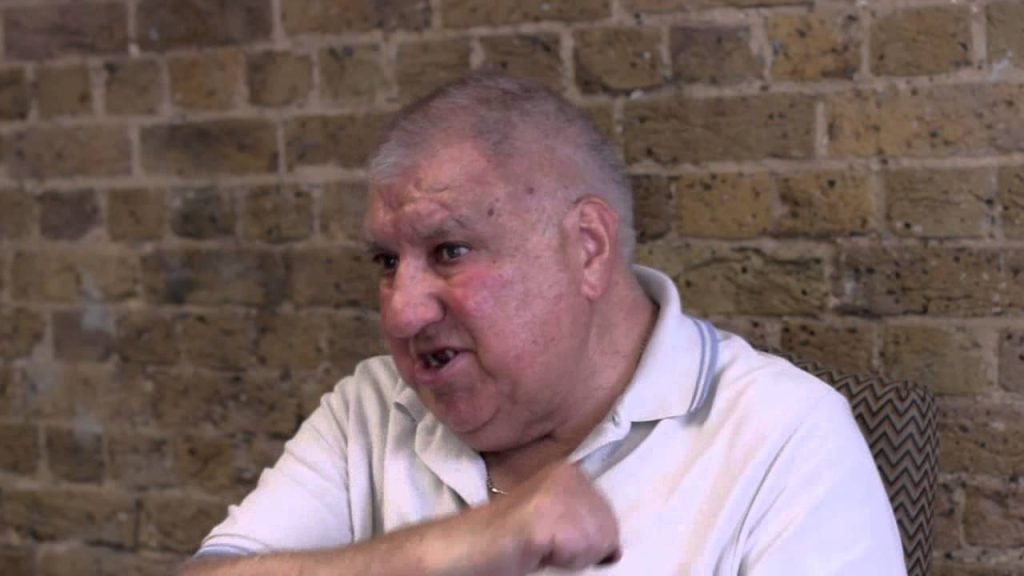
Leopoldo García ‘did not live to see full justice in his case’
Chris Esdaile, senior legal adviser at REDRESS, the human rights organization that represented García Lucero before the Inter-American Court beginning in 2002, noted that “Leopoldo did not live to see full justice in his case, and his family has been deeply affected — both by the lack of convictions for those who tortured him and by the intergenerational consequences of the treatment he suffered.”
Recognized as torture victim number 9,581 by the Valech Commission, García became a symbol of the fight against impunity — a legacy that Chile now seeks to honor and repair through this apology, however belatedly. His story endures in a permanent archive dedicated to his case at the Museum of Memory and Human Rights in Santiago, a reminder of the approximately 200,000 people forced into exile and more than 38,000 torture survivors of the Pinochet dictatorship (1973–1990).
